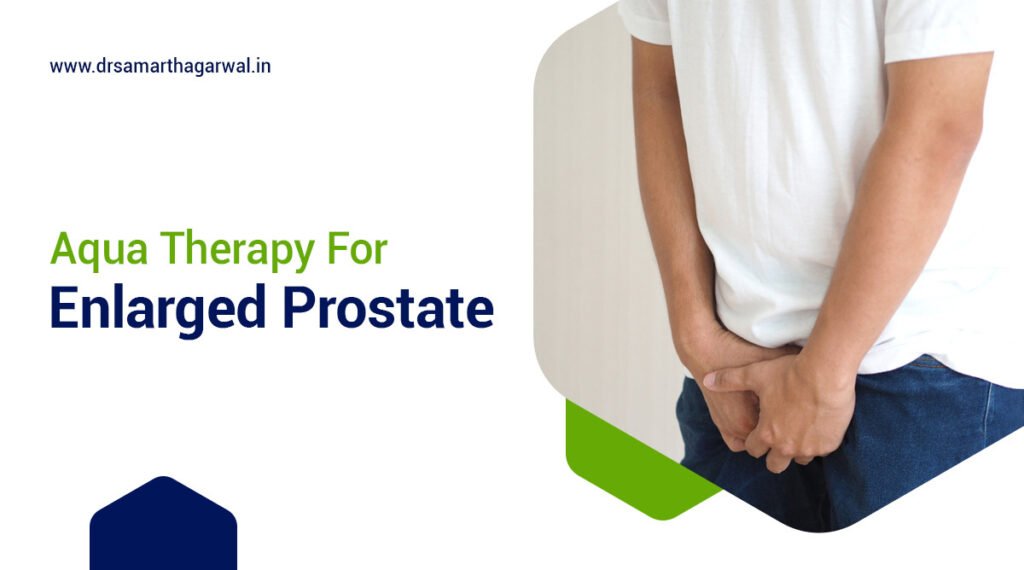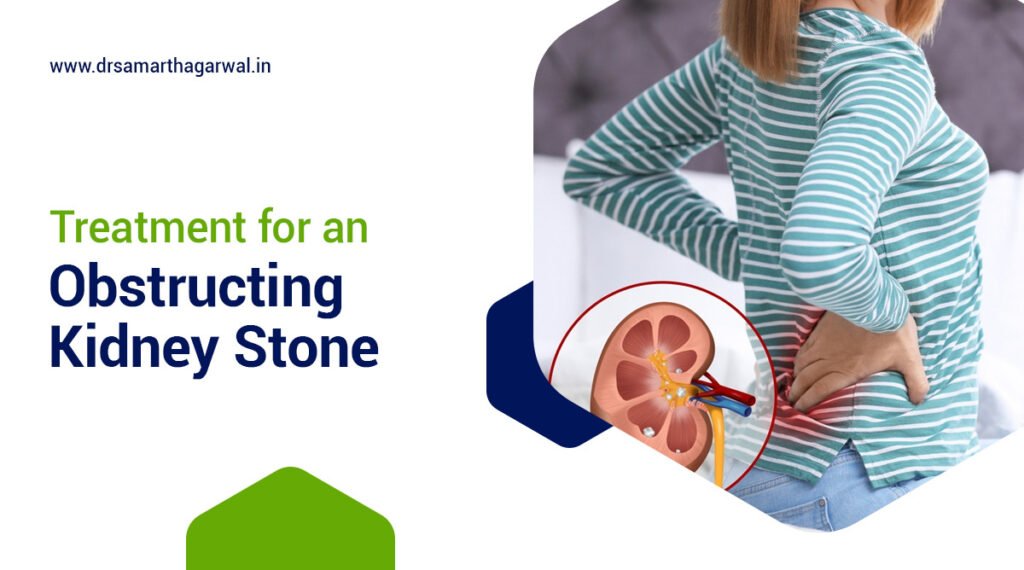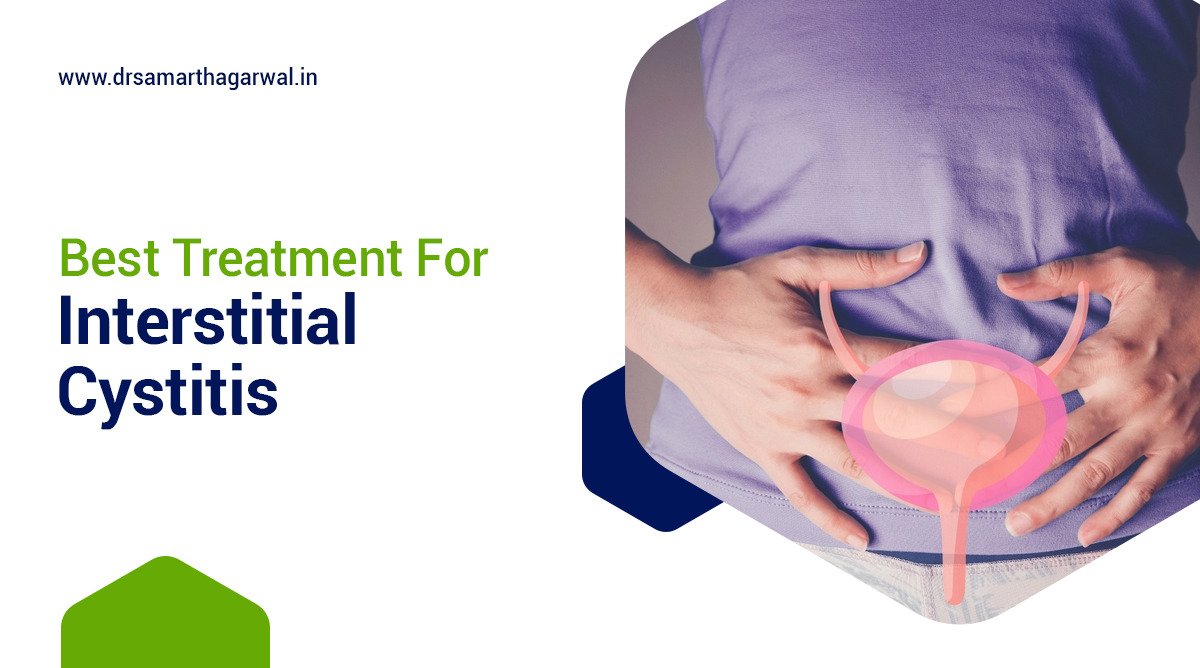Interstitial cystitis (IC) is a chronic bladder condition characterized by bladder pain, urinary urgency, and frequency. Treatment for interstitial cystitis aims to alleviate symptoms and improve the quality of life for affected individuals. Various therapeutic options are available, including dietary and lifestyle interventions, oral medications, intravesical instillations, and in some cases, surgery.
What Are Some Treatment Options for Interstitial Cystitis?
Interstitial cystitis (IC) is a chronic bladder condition characterized by pelvic pain, pressure, and sometimes painful urination. The treatment for interstitial cystitis typically involves a combination of approaches, as there is no single cure for the condition. Here are some common treatments for interstitial cystitis:
- Lifestyle modifications:
- Dietary changes: Avoiding foods and beverages that can irritate the bladder, such as caffeine, alcohol, spicy foods, and acidic foods.
- Stress management: Techniques like relaxation exercises, meditation, or counseling to reduce stress levels, which can exacerbate symptoms.
- Oral medications:
- Pentosan polysulfate sodium (Elmiron): This oral medication is believed to help repair the bladder lining and reduce inflammation.
- Tricyclic antidepressants (e.g., amitriptyline, imipramine): These medications can help relieve pain and reduce urinary frequency.
- Anti-inflammatory drugs (e.g., ibuprofen, naproxen): These may help reduce inflammation and pain in some cases.
- Bladder instillations:
- Dimethyl sulfoxide (DMSO): A liquid solution is instilled directly into the bladder through a catheter to help reduce inflammation and pain.
- Heparin or lidocaine: These solutions can also be instilled into the bladder to provide temporary relief from symptoms.
- Bladder distention:
- This procedure involves stretching the bladder under anesthesia, which can disrupt pain pathways and provide relief for some patients.
- Electrical nerve stimulation:
- Techniques like transcutaneous electrical nerve stimulation (TENS) or sacral nerve stimulation can help modulate pain signals.
- Bladder hydrodistention with fulguration (burn) or resection:
- In severe cases, a surgical procedure may be performed to remove or burn away painful or inflamed areas of the bladder lining.
- Complementary and alternative therapies:
- Acupuncture, physical therapy, and certain supplements (e.g., calcium glycerophosphate) may be helpful for some individuals.
It’s important to note that treatment for interstitial cystitis is often tailored to the individual, and it may take some trial and error to find the most effective approach. Regular follow-up with a healthcare provider is recommended to monitor symptoms and adjust the treatment plan as needed.
Symptoms of Interstitial Cystitis
The main symptoms of interstitial cystitis (IC) include:
- Chronic pelvic pain or pressure:
- Pain or discomfort in the pelvic area, lower abdomen, or around the bladder.
- The pain may increase as the bladder fills and decrease after urination.
- Painful urination (dysuria):
- Burning sensation or discomfort during urination.
- Frequent and urgent need to urinate (urinary frequency and urgency):
- The feeling of needing to urinate frequently, even after just emptying the bladder.
- Sudden, strong urges to urinate that are difficult to control.
- Incomplete bladder emptying:
- The sensation of not being able to fully empty the bladder after urination.
- Waking up frequently at night to urinate (nocturia):
- Disrupted sleep due to the need to urinate multiple times during the night.
Other potential symptoms of interstitial cystitis may include:
- Pain during sexual intercourse (dyspareunia).
- Discomfort or pain in the lower back or upper thighs.
- Increased discomfort or flare-ups during menstrual periods.
- Bladder or pelvic pain that worsens with certain foods, beverages, or activities.
The symptoms of interstitial cystitis can vary in severity and may come and go in cycles. Some individuals experience periods of remission with few or no symptoms, followed by flare-ups of more severe symptoms.
It’s important to note that the symptoms of interstitial cystitis can mimic those of other conditions, such as urinary tract infections or bladder cancer. Therefore, proper diagnosis by a healthcare professional is crucial.

You might also like: Aqua Therapy for Enlarged Prostate
What causes interstitial cystitis?
Interstitial cystitis (IC) is a disorder characterized by an overly sensitive bladder, leading to symptoms such as pain in the pelvic area and an urgent need to urinate frequently, often up to 60 times a day. The pain associated with IC can manifest in various areas, including the lower abdomen, urethra, or vagina, making daily activities challenging and impacting social functioning.
Despite extensive research, the exact cause of IC remains unknown. However, potential factors contributing to its development include allergies, vascular diseases, autoimmune conditions, defects in the bladder wall lining, and the presence of abnormal substances in the urine.
Additionally, unusual types of infections that are not detected through standard tests may also play a role in IC. It is essential to note that IC is a chronic condition with no definitive cure, and while some patients may experience periods of remission, symptoms can persist or worsen over time. Therefore, managing IC often requires long-term treatment strategies aimed at alleviating symptoms and improving quality of life.
What Disease Is Associated with Interstitial Cystitis?
Interstitial cystitis (IC) is a chronic bladder condition that is often associated with other diseases and disorders, particularly those involving chronic pain or autoimmune processes. Some diseases and conditions that have been linked to interstitial cystitis include:
- Fibromyalgia: A chronic musculoskeletal pain disorder characterized by widespread pain, fatigue, and sleep disturbances. Fibromyalgia and interstitial cystitis frequently co-occur, and both conditions involve central nervous system sensitization and pain amplification.
- Irritable bowel syndrome (IBS): A functional gastrointestinal disorder characterized by abdominal pain, bloating, and altered bowel habits. IBS and interstitial cystitis share some overlapping symptoms and may have common underlying mechanisms.
- Chronic fatigue syndrome: A complex disorder characterized by profound fatigue, sleep disturbances, and cognitive impairment. Interstitial cystitis and chronic fatigue syndrome may share common pathways related to immune dysregulation and central sensitization.
- Endometriosis: A condition in which the endometrial tissue (the lining of the uterus) grows outside the uterus, causing pelvic pain and other symptoms. Endometriosis and interstitial cystitis are both associated with pelvic pain and may have shared underlying inflammatory processes.
- Vulvodynia: Chronic pain or discomfort in the vulvar area. Interstitial cystitis and vulvodynia can co-occur, and both conditions involve sensitization of pelvic pain pathways.
- Sjögren’s syndrome: An autoimmune disorder characterized by dry eyes and dry mouth, as well as potential involvement of other organs. Sjögren’s syndrome has been associated with an increased risk of developing interstitial cystitis.
- Systemic lupus erythematosus (SLE): An autoimmune disease that can affect various organs and systems, including the kidneys and bladder. SLE has been linked to an increased risk of interstitial cystitis.
It’s important to note that the association between interstitial cystitis and these conditions does not necessarily mean a causal relationship. However, understanding these associations can help healthcare professionals better manage and treat patients with interstitial cystitis, particularly those with overlapping conditions or comorbidities.

You might also like: Obstructing Kidney Stone Treatment
Does Interstitial Cystitis Ever Go Away?
In some patients, the symptoms gradually improve and even disappear. Pain management, including other drugs and non-drug therapies, can significantly enhance the quality of life.
What Is the Fastest Way to Get Rid of Interstitial Cystitis?
Take medicines to reduce symptoms at the first sign of a flare-up. Drink extra water to dilute urine. Apply an ice pack to the pelvic area for relief. Try pelvic floor physical therapy to alleviate tightness in muscles.
What Does a Urologist Do for Interstitial Cystitis?
A urologist plays a crucial role in diagnosing and treating interstitial cystitis, focusing on relieving symptoms and improving the patient’s quality of life. They employ various approaches such as cystoscopy to examine the bladder, bladder stretching procedures, and prescribing medications to manage pain and inflammation.
Additionally, urologists may recommend behavioral therapies and lifestyle modifications tailored to alleviate discomfort and improve bladder function. Collaboration between the patient and the urologist is essential to tailor treatment plans effectively and address individual needs.

If you are having any symptoms of interstitial cystitis then do not wait consult with renown urologist of Siliguru, Dr. Samarth Agarwal at the earliest.




